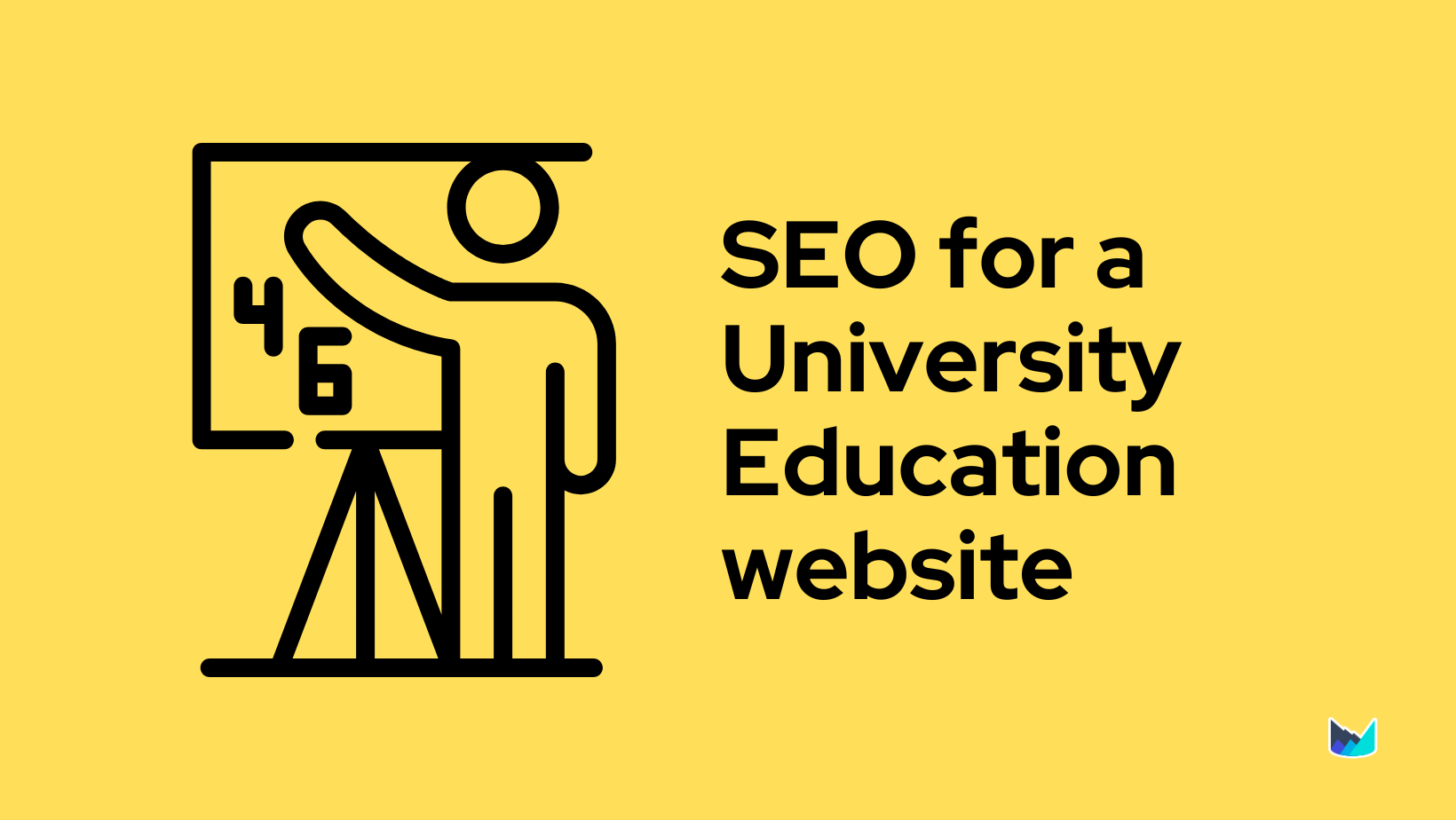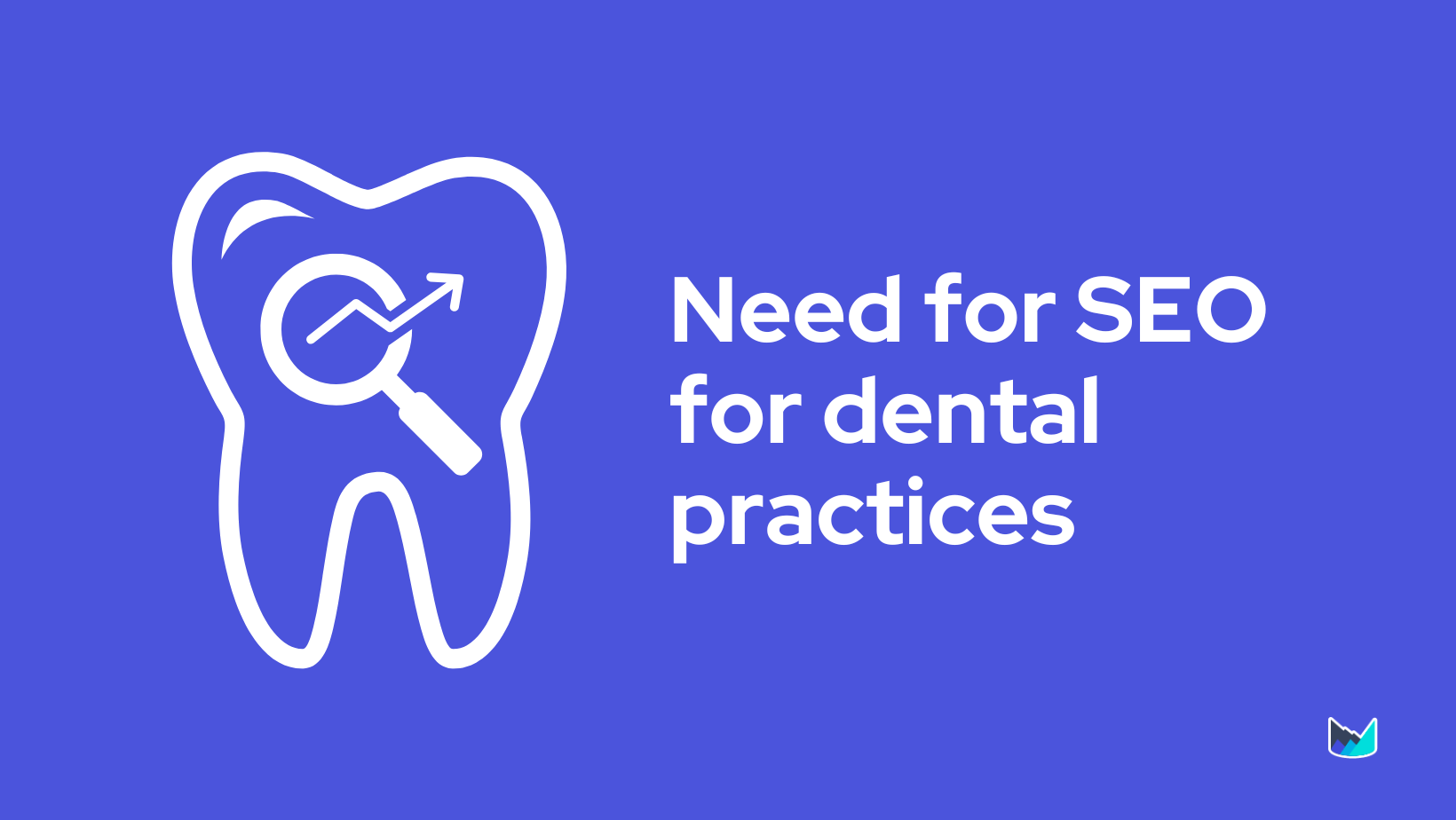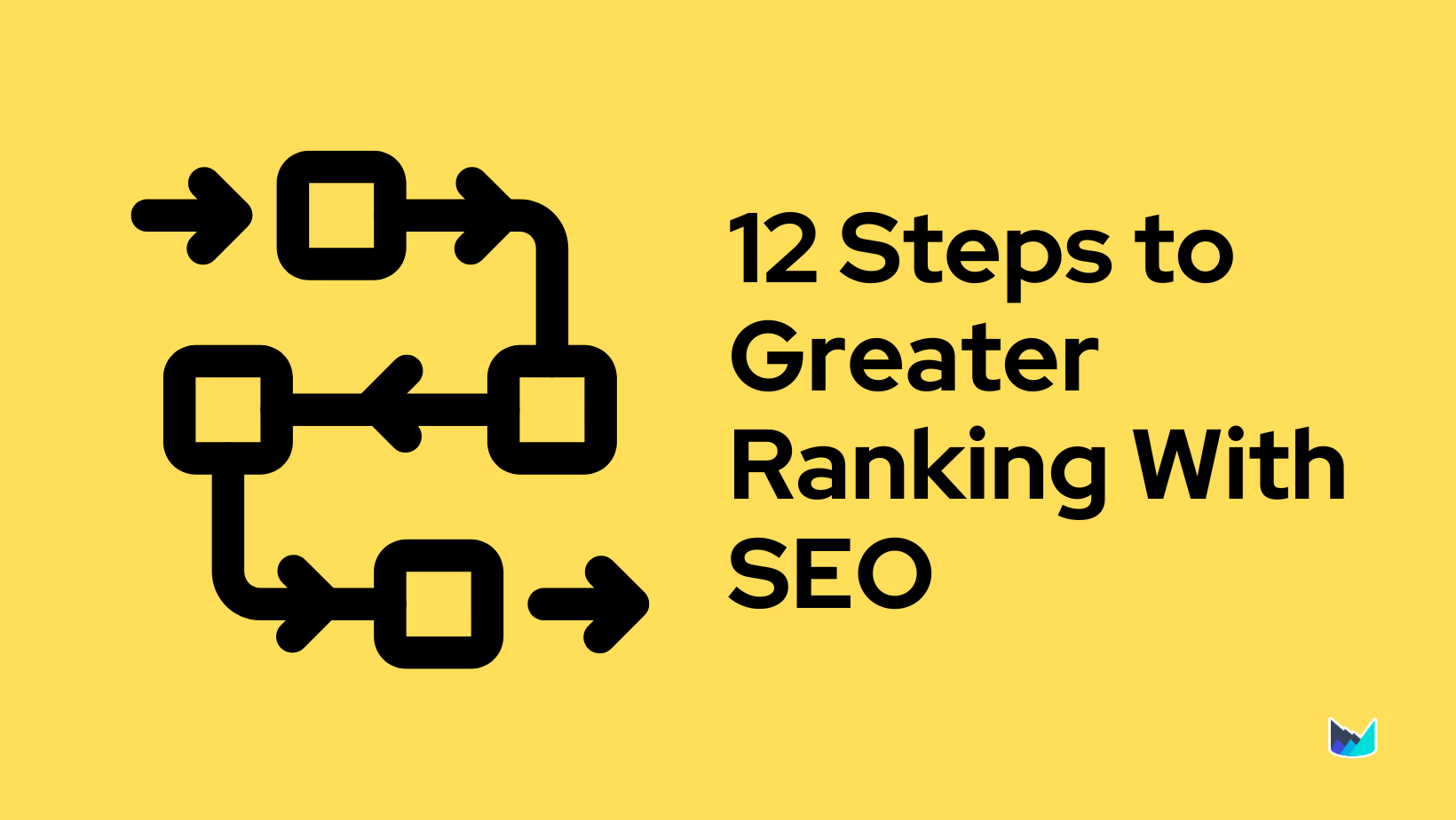- Product
- SEO Content Editor
- SEO Content Strategy
- Content Optimization
- Content Briefs
- AI Assisted Writing
- Keywords Clustering
Preview a demo walkthrough
Outranking the competition with our cutting-edge SEO strategies.
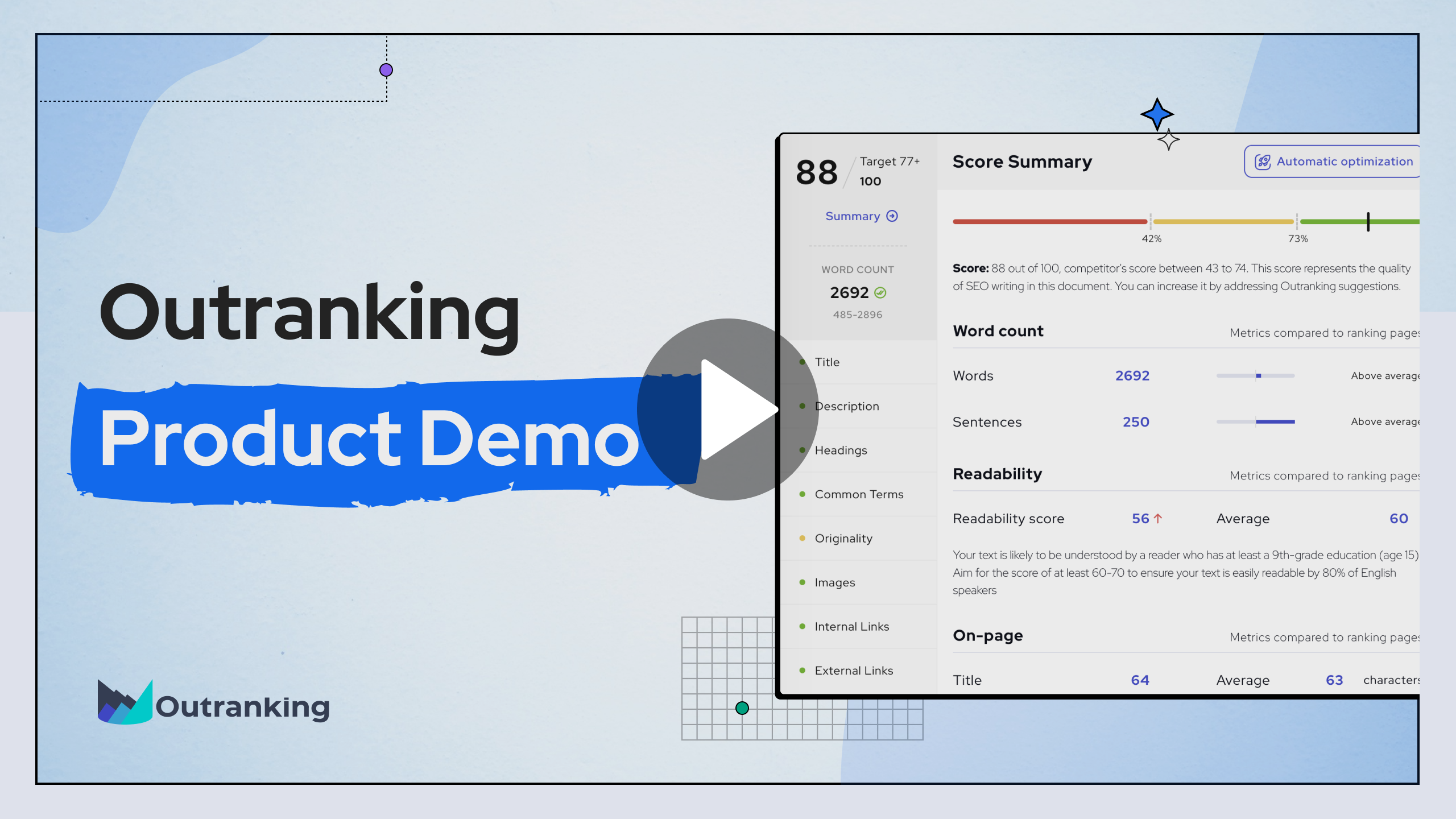
- Pricing
- Resources
- Sign In
- Get Started
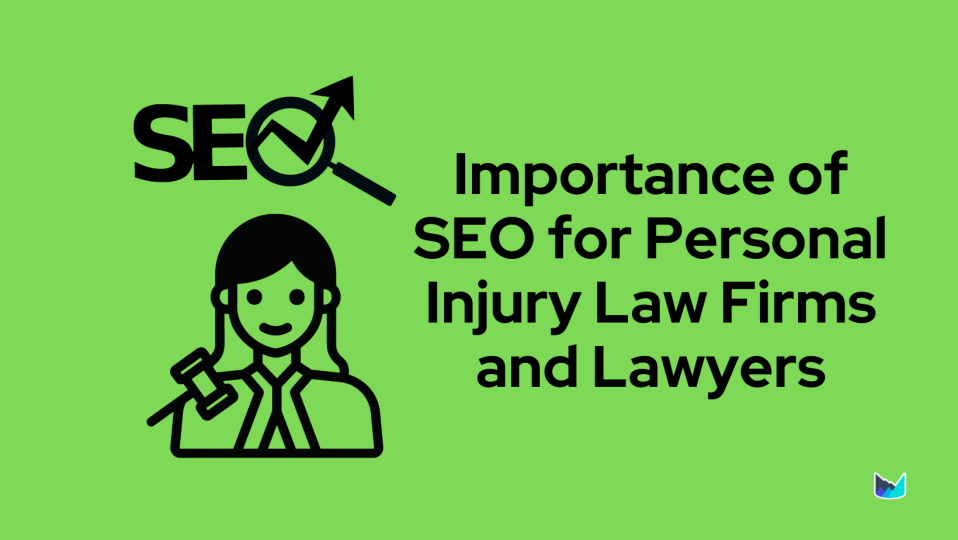
Table of Contents
SEO services can enhance your plastic surgery practice website for keywords related to aesthetic or plastic surgery, helping potential clients discover your site on search engine results. Once your website starts ranking on the first page of search engines, your personal injury law firm business can reach the skies, as 53% of all traffic comes organically through search engines.
Though SEO isn’t easy, with the right amount of information, you can start ranking your law firm and getting high-ticket clients that solidify your portfolio. This guide can help you navigate and compose an effective SEO strategy for your personal injury law firm.
Table of Contents
Importance of SEO for Personal Injury Law Firms and Lawyers
As a personal injury lawyer, a strong online presence is necessary for attracting and retaining clients in the oversaturated legal industry. In today’s digital world, Search Engine Optimization (SEO) is vital for law firms if they want to improve visibility and increase organic traffic to their website.
SEO for law firms or lawyers is the process of optimizing a law firm’s website in order to gain better positions on SERPs. Personal injury law firms can benefit greatly from a personalized SEO content strategy as your PI law firm website will start ranking higher, resulting in increased organic traffic, which increases the opportunity to get higher leads as many potential customers will be landing on your website. Additionally, SEO is a cost-effective marketing strategy that gives you an edge over competitive PI law firm sites.
How to Implement SEO for Your Personal Injury Law Firm Website
For improving the SEO of your law firm website, follow the below steps and start ranking on SERPs as soon as you implement them.
Step 1: Create a website architecture that defines your services
Step 2: Perform keyword research based on your law Firm’s services
Step 3: Generate topic ideas based on the keyword clusters
Step 4: Create and prioritize your Law firm’s content calendar
Step 5: Establish a content production process and create content briefs
Step 6: Create SEO-optimized content for your personal injury law firm’s website
Step 7: Optimize internal linking for your personal injury law firm’s website
Step 8: Focus on the local SEO of your personal injury law firm’s website
Step 9: Focus on the technical SEO of your personal injury law firm’s website
Step 10: Use Google Search Console to track rankings
Step 11: Leverage Google Business profile
Step 1: Create a Website Architecture That Defines Your Services
If your law firm’s website does not define and state what services it provides, no customer will ever know what to do with your website. For this purpose, clearly stating the services and core areas along with the extended list of sub-areas in which your law firm works is essential.
Defining and clearly stating your law firm’s services helps in creating a clear website architecture that helps Google bots in crawling and indexing your website, ultimately improving the SEO of your website. Additionally, by clearly defining your services, your keyword research process becomes easy and you can develop a content creation plan seamlessly.
Take this table, for example – here are several possible core service areas and subareas your personal injury law firm may offer:
| Core Offering Areas | Extended List of Sub-Areas |
| 1. Car Accident Injury | 1. Rear-end collision 2. Head-on collision 3. Side-impact collision 4. Multi-vehicle collision 5. Drunk driving accident |
| 2. Slip and Fall Injury | 1. Wet floors 2. Uneven surfaces 3. Poor lighting 4. Broken stairs 5. Obstructed walkways |
| 3. Medical Malpractice | 1. Misdiagnosis 2. Surgical errors 3. Medication errors 4. Birth injuries 5. Anesthesia errors |
| 4. Wrongful Death | 1. Car accidents 2. Medical malpractice 3. Workplace accidents 4. Defective products 5. Criminal acts |
For example, if you want to rank for the core area, “Medical Malpractice”, you should focus on creating content on its extended list of sub-areas such as birth injuries, misdiagnosis, and surgical errors. For creating content around these topics, including lawyer blog topics, you have to perform extensive keyword research around these sub-areas. This helps in identifying the target audience while scaling up the SEO content strategy.
Step 2: Perform Keyword Research Based on Your Law Firm’s Services
Using the core areas identified above, we can build out the extended keyword research for the subareas. For this example, let’s choose “medical malpractice”.
Use tools like Semrush or Outranking to gather keywords related to “medical malpractice”. Some of the keywords related to “medical malpractice” are “Misdiagnosis”, “Surgical errors”, and “Medication errors”.
- Using your chosen keyword tool, enter your selected subarea in the search bar.
- Select relevant filters like location, search volume, and keyword difficulty to narrow down the results.
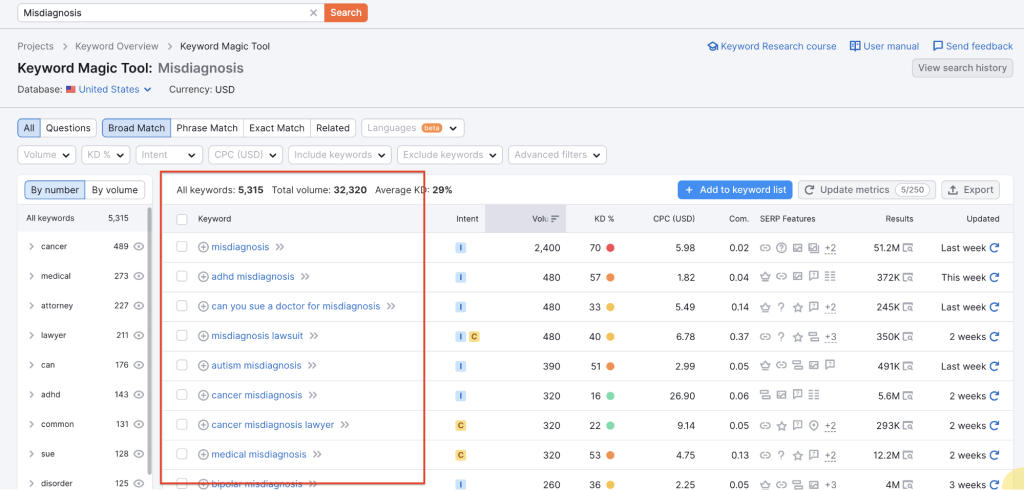
3. Exclude irrelevant or outdated keywords, such as “story” or “2021”, using the Exclude Keywords option.

4. Download the CSV file for each extended list and compile them all into one file for easier management.
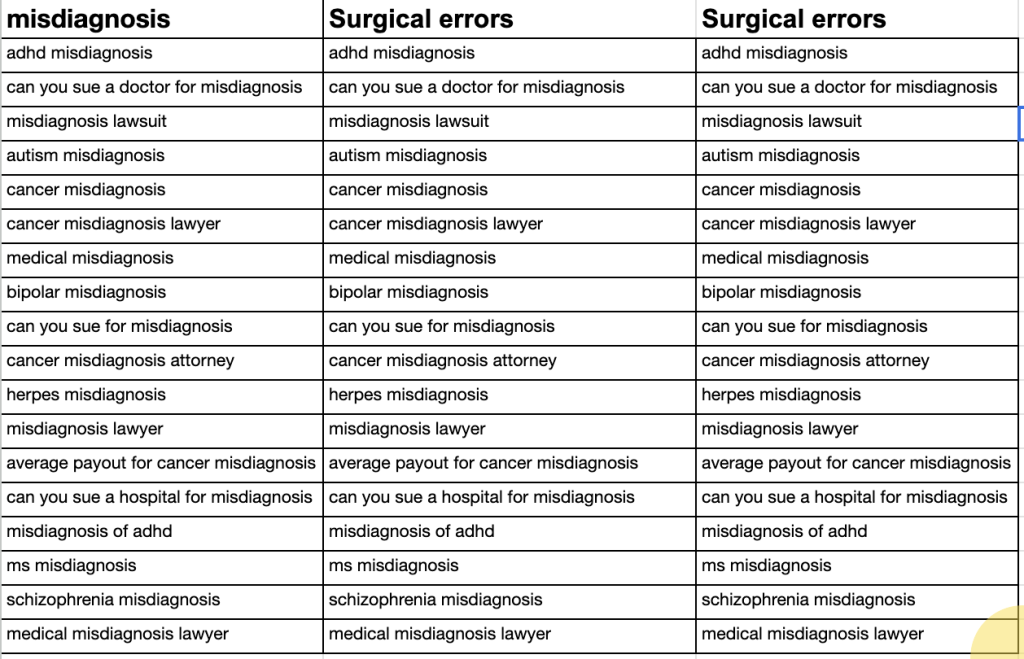
5. Repeat steps 2-4 for each sub-group within the core service area, such as “Birth injuries”, “Anesthesia errors”, etc.
Once the keywords for each sub-group in a core service area are collected, the next step is to move to keyword analysis. This involves refining the keywords by analyzing their relevance, competition, and search volume for the website’s content and target audience. By doing so, your PI law firm’s website can build a content strategy that targets the most important and relevant keywords to improve its search engine rankings and attract more traffic.
Step 3: Generate Topic Ideas Based on Keyword Clusters
Keyword clustering groups similar keywords into groups or categories based on their semantic meaning and intent. This process helps to identify the most relevant and profitable keywords for a website’s content strategy.
As a personal injury law firm, your website should use keyword clustering to improve its SEO and attract more potential clients. By clustering keywords, your firm can focus on creating content around specific clusters of keywords and help you rank higher in SERPs, and drive more traffic to your website.
For example, a personal injury law firm might have a keyword list that includes terms such as “car accident lawyer”, “law firm for vehicle accident”, “medical malpractice lawyer”, “lawyer to sue a doctor for malpractice”, and “wrongful death attorney.”

When choosing a primary keyword from each group of clusters, consider factors such as outperforming your competitors, how many backlinks your competitors have, the knowledge gap or underserved area in the intent, your topical authority, and common SERP competitors. SEO implementation requires expertise and time and Using a tool like Outranking for keyword clustering can save time and effort if you don’t have an in-house SEO/marketing team.
Step 4: Create and Prioritize Your Law Firm’s Content Calendar
For prioritizing keywords to create and optimize content for your personal injury law firm website, start by creating a list of primary keywords and groups. These keywords should be relevant to your law firm’s practice area and the services it offers. Once the list is created, you can use Outranking’s keyword strategy topics and planner page to map out a plan and schedule for their content.
Outranking can help you organize your calendar by offering three priority settings – High, Medium, and Low:
| Priority | Keywords Containing | Why |
| High | Personal injury lawyer, Car accident lawyer, Medical malpractice lawyer | These keywords define you as a thought leader and support their important pages for the flow of information. |
| Medium | Best personal injury lawyer, Top car accident lawyer, Top medical malpractice lawyer | These keywords can place you among many competitors. |
| Low | How to file a personal injury claim, Educational guides on personal injury law | These keywords can define you as a thought leader and support their important pages for the flow of information. |
Step 5: Establish a Content Production Process and Create Content Briefs
As an injury lawyer, implementing SEO on your website can be a daunting task. However, creating a process and detailed SOPs or content briefs can help ensure the success of your strategy.
This process can be broken down into two simple steps:
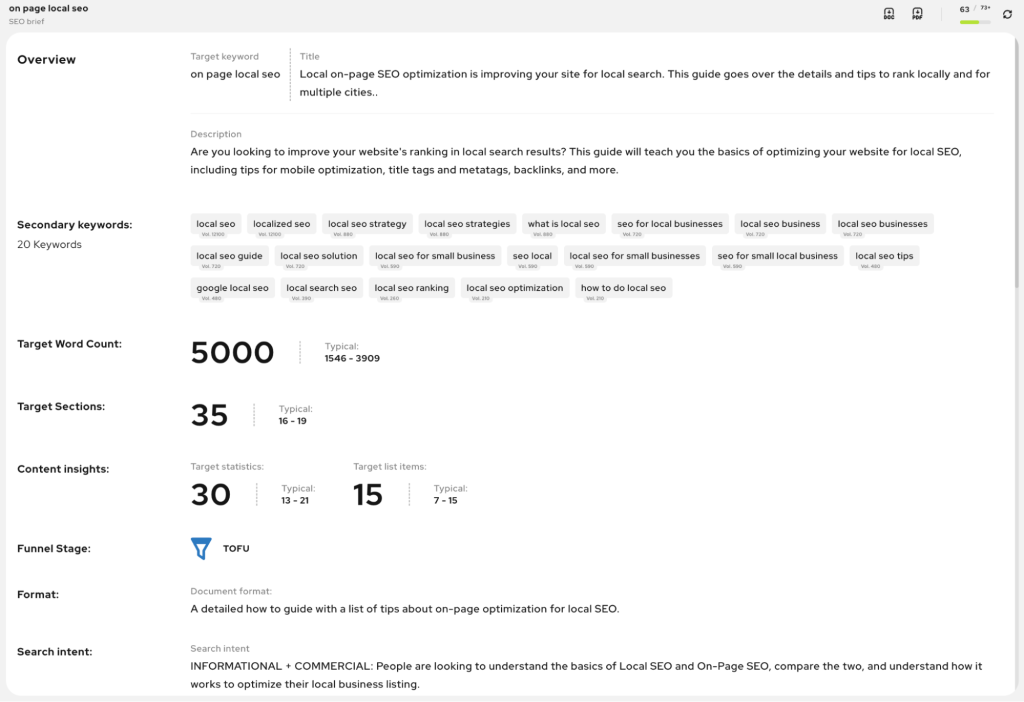
1. Create Solid Content Briefs
Before creating content for your law firm’s website, it is important to create SEO content briefs that include the topic, target audience, keywords, and other relevant information. Outranking can create advanced SEO content briefs that create brilliant content backed up by SERP top-page data and streamline your workflow.
2. Set up Workflow for the Tasks
Having a workflow in place can help you stay on top of your tasks and ensure that everything is completed on time. Outranking has predefined workflow status that you can customize according to your firm’s needs and can streamline your SEO workflow for efficiency and effectiveness.
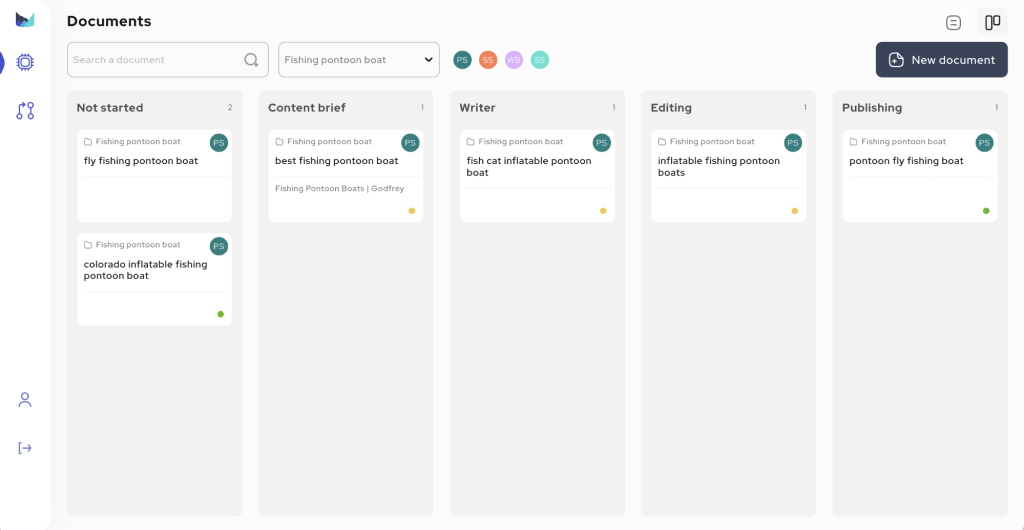
As a busy injury lawyer with limited time to implement SEO on your website, it may be beneficial to hire an expert agency or use Outranking’s services to help you make this plan come to fruition. They can help you create a solid content creation and on-page optimization process, set up a proper content calendar, and set up a workflow for the tasks. With their help, you can focus on your expertise while they take care of the technical aspects of SEO.
Step 6: Create Optimized Content for Your Personal Injury Law Firm’s Website
Creating optimized content for your web pages is crucial for making sure your injury law firm is creating content that will yield results. Enhancing your content with SEO-tailored information can attract more organic traffic, resulting in more leads and conversions. This step is particularly important for personal injury law firms, as potential clients usually research law firms online before reaching out.
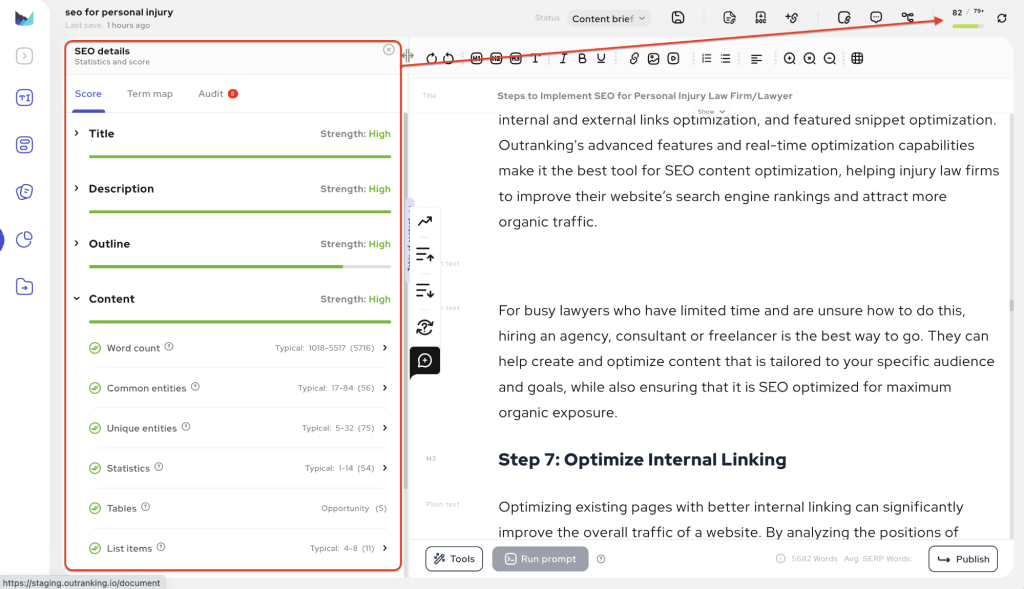
Outranking’s SEO content optimization and writing platform can help busy lawyers like yourself who have limited time to write and optimize service pages and blog posts. Its real-time optimization benchmarks against 20 competing pages from SERPs provide suggestions on how to improve on-page SEO factors such as title and description, outlines, word count, common NLP terms, unique entities, list and tables, statistics, media, internal and external links, and featured snippets.
As a personal injury lawyer, using Outranking’s advanced features can help you craft engaging and relatable content that ranks every time. Learn more about Outranking’s features from the below video:
Step 7: Optimize Your PI Law Firm’s Internal Linking
Optimizing existing pages of your law firm website with better internal linking can significantly improve the overall traffic of your law firm’s website. By analyzing the positions of existing pages, you can identify pages that rank between 1 and 10 (top 4-14 positions) with keywords related to the law firm services your business provides.
These pages should be the focus of internal linking optimization as they already have some authority and can transfer some of it to other pages.
For your personal injury law firm website, pages that rank for keywords related to personal injury law, car accidents, workplace injuries, and medical malpractice should be optimized for internal linking. These pages are likely to have high traffic potential and can attract potential clients to the website.
Outranking can connect to Google Search Console and identify pages that rank between 1 and 10 for specific keywords. This can help you identify internal linking opportunities and optimize their pages accordingly. By clicking on the internal linking icon next to URLs with a lot of light and dark green, suggestions for internal linking will appear.
Then, you can pick the most relevant URL to link and select “Rewrite with an internal link”. The AI will rewrite the passage with the anchor text added to the keyword, and you can copy and replace it with the original on the page. This effective strategy can significantly improve the website’s performance and attract more traffic.
Step 8: Focus on the Local SEO of Your Personal Injury Law Firm’s Website
Acquiring local citations and backlinks is crucial for the local SEO of an injury law firm website. Local citations are mentions of your law firm’s name, address, and phone number (NAP) on other relevant websites, while backlinks are links from other websites to your firm’s website. These signals help search engines verify the existence, legitimacy, and trustworthiness of your firm, which can improve its local search rankings.
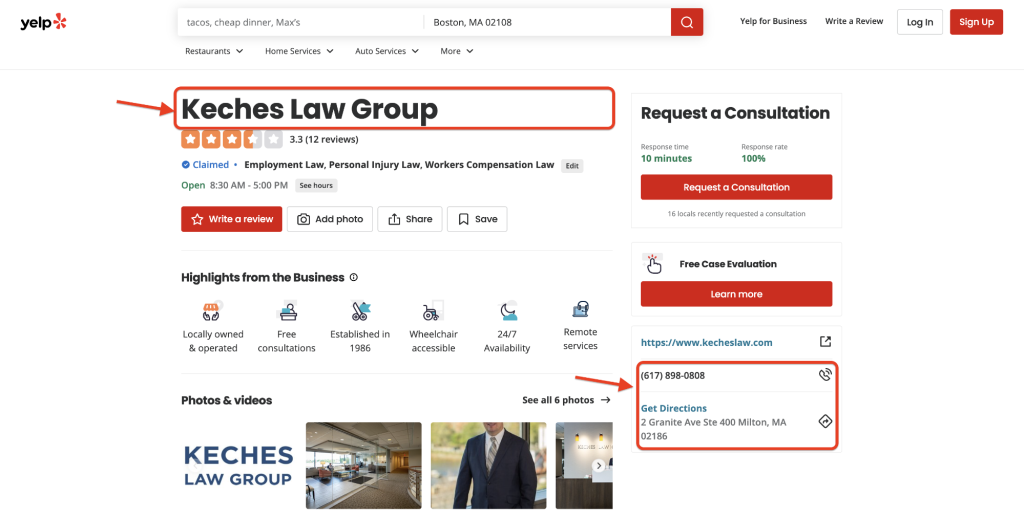
Local citations can increase your firm’s visibility in local search results. According to a survey by Moz, citations are the fifth most important ranking signal for local queries.
There are two types of citations: structured and unstructured. Structured citations are listings on directories and social media profiles, while unstructured citations are contextual mentions of the business on blogs, forums, and press mentions. Both types of citations can be beneficial for local SEO.
To build citations for your injury law firm website, focus on quality over quantity. The following four steps can help in building relevant citations:
- List with the ‘big three’ data aggregators: Acxiom, Data Axel, and Localeze distribute your law firm’s data to various directories and websites, ensuring that your information is consistent and accurate across the web.
- Submit to other core sites: This includes popular business directories like Google Business, Bing Places for Business, and Yahoo Local.
- Submit to popular industry and local sites: Look for relevant industry-specific directories and local sites where your law firm can be listed – examples include Avvo, Justia, and FindLaw, just to name a few.
- Pursue unstructured citations: Reach out to local bloggers and journalists for mentions or coverage for your law firm.
According to this study, a top-ranking local business has an average of 81 citations. Additionally, local citations have a 13.3% influence on ranking.
By building relevant and high-quality citations, your personal injury law firm can improve its visibility in local search results, establish its authority and relevance in the local legal market, and increase its local search ranking.
Here’s a table of data aggregators and the websites they distribute to:
| Data Aggregator | Websites to Get Citations From |
| Acxiom | Yelp, Yellow Pages, MapQuest |
| Data Axel | Superpages, Citysearch, Insider Pages |
| Localeze | Foursquare, Apple Maps, TomTom |
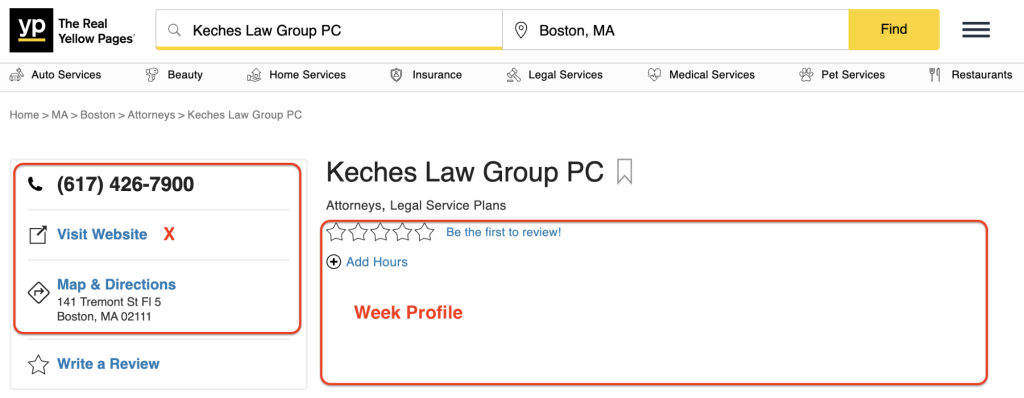
By following these steps and getting citations from these sources, your injury law firm can improve its local SEO and attract more potential clients to its website.
Step 9: Optimize Page Speed and Website Experience
It’s important to optimize page speed and website experience for better rankings in 2024 for your injury law firm website as it can improve user experience, increase website traffic, and ultimately lead to higher conversion rates. To quickly optimize page speed and enhance user experience, use lighter themes such as an injury lawyer theme on Codecanyon and Nitropack-like WordPress plugins.
Step 10: Track Rankings Using Google Search Console
As a personal injury law firm, connecting to Google Search Console and tracking your website’s ranking is crucial for increasing organic traffic and improving your SEO content strategy. By analyzing the ranking data, you can identify which pages of your law firm website need a better internal linking structure, uncover new opportunities for fresh content, and improve or redirect underperforming pages.
To interpret your website’s ranking data, you can use the following table as a guide:
| Goal | Ranking Data to Analyze | Action to Take |
| Optimize Internal Linking | Pages with keywords in the top 4-14 positions | Improve internal linking structure to boost Pagerank |
| Build Topical Authority | Create fresh content that aligns with the user’s search intent and target relevant keywords | Create fresh content that aligns with user’s search intent and target relevant keywords |
| Improve Underperforming Pages | Pages with no ranking keywords in the top 20 positions that don’t align with the user’s search intent | Either improve the content or redirect the page to a more relevant one |
Keep track of your website’s ranking and take action accordingly to improve your online presence and attract potential clients. By using Google Search Console and analyzing the ranking data, you can identify which pages are performing well and which ones need improvement, ultimately leading to increased organic traffic and better visibility for your personal injury law firm.
Step 11: Optimize Your Personal Injury Law Firm’s Local Google Business Profile
Google Business Profile is a free service that allows businesses to provide more information about themselves when they appear in Google search results. This includes business photos, videos, telephone numbers, business hours, delivery areas, and links to reservation services.
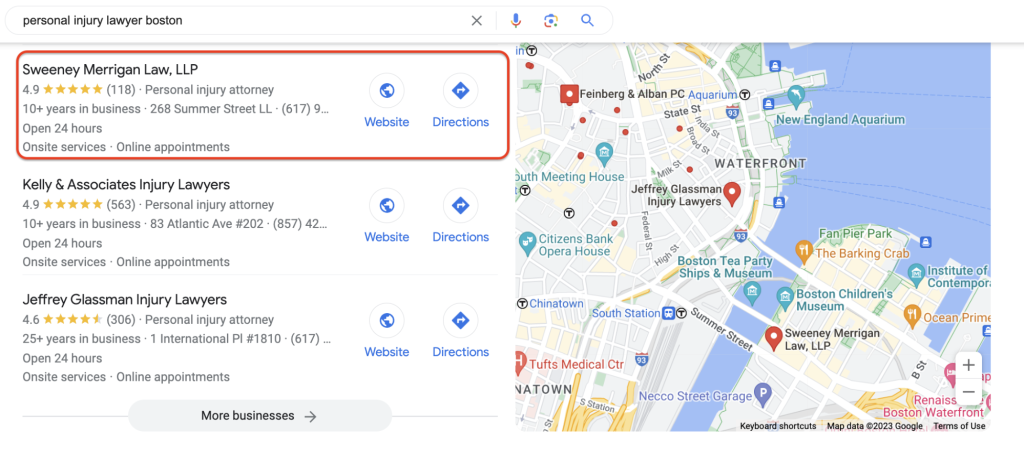
Steps a Personal Injury Law Firm can take to optimize their Google Business Profile listing for local search:
- Claim and verify your Google Business Profile listing: Claim your law firm’s listing and verify your business information to ensure that it is accurate and up-to-date.
- Add relevant business information: Include your law firm’s name, address, phone number, website, and business hours and ensure its consistency across all online platforms.
- Choose the right category: Choose the most relevant category for your law firm – For an injury law firm, the category would be “Personal Injury Attorney” or “Lawyer”.
- Add photos and videos: Add high-quality photos and videos of your law firm, including the office, staff, and any events.
- Encourage reviews: Encourage your clients to leave reviews on your Google Business Profile listing, and respond to all reviews, both positive and negative, to show that you value your clients’ feedback.
- Use Google Posts: Use Google Posts to share updates, news, and events about your law firm.
- Monitor and update regularly: Monitor your Google Business Profile listing regularly to ensure that all information is accurate and up-to-date, and update it accordingly.
For an injury law firm listing, personalized examples could include adding photos of the office and staff, sharing updates on recent cases or settlements, and encouraging clients to leave reviews about their experience with the law firm.
Remember that optimizing your Google Business Profile listing can be a complex process, and it may be beneficial to hire a digital marketing agency to ensure that everything is done correctly.
How to Evaluate an Agency to Help With SEO for Your Personal Injury Law Firm
Expertise, Reviews, and Results
When evaluating an agency to help with SEO for your personal injury law firm’s website, it is important to look for expertise, creativity, and real-world experience. Here are some tips to help you evaluate an SEO agency:
1. Look For a Proven Process and Customized Approach
A good SEO agency will adhere to a proven process and principles that can be applied universally when performing website audits and SEO. However, it will also apply a customized approach to analysis and strategy design tailored to the unique competitive position of your law firm. For example, the agency should perform industry analysis, competitive research, strategy design, implementation, and follow-up. The strategy design should be unique to your personal injury law firm’s website.
2. Check for Reviews and Testimonials
Look for reviews and testimonials from previous law firms. Check their website, Google Business Profile, and other review sites to see what other clients have to say about their services.
By evaluating an SEO agency for expertise, creativity, and real-world experience, you can ensure that you’re working with a reputable agency that can help your personal injury law firm’s website rank higher in SERPs. Remember to check for reviews and testimonials to see what other clients have to say about their services.
SEO Services Offered
When evaluating an agency to help with the SEO of your personal injury law firm’s website, here are a few key factors to consider:
1. Creativity and Innovation
The best SEO agencies are highly creative and innovative. Ask the agency what creative strategies they’ve implemented to help their clients stand out from the pack. Being creative is hard and expensive, but it’s worth it for superior results.
2. Real World SEO Experience
Experience matters when it comes to success in digital marketing, especially SEO. You want to work with an SEO agency that has a minimum of 5 to 10 years of real-world experience, preferably working with websites in your niche. The agency should have a better understanding of the competitive landscape and be more creative and innovative in its approach to strategy design.
For a personal injury law firm website, finding an agency that understands the unique challenges and opportunities in this niche is crucial. They should be familiar with relevant keywords like “personal injury lawyer” and “car accident attorney”, and be able to optimize your website accordingly. Additionally, they should be familiar with local SEO strategies, as many personal injury cases are location-specific.
Look for an agency that has experience with content marketing, as this can be a powerful tool for attracting potential clients to your website. For example, they could create blog posts on topics like “What to do after a car accident” or “How to choose the right personal injury lawyer.”
Overall, when evaluating an agency for SEO services for your personal injury law firm’s website, look for a combination of proven processes, creativity and innovation, and real-world experience in your niche. By finding the right agency, you can improve your law firm’s visibility and attract more potential clients.
Contract Duration and Flexibility
When evaluating an agency to help with SEO for your personal injury law firm’s website, it’s important to consider contract durations and flexibility. Here are some tips to help you make an informed decision:
1. Offers Flexibility
Look for agencies that offer flexible contract durations. SEO is an ongoing process, and it’s important to have the flexibility to adjust your strategy as needed. Avoid agencies that require long-term contracts with no room for adjustment.
2. Employs a Proven Process and Customized Approach
Consider agencies that offer customized plans tailored to your specific needs. Your personal injury law firm may have different SEO needs than other types of businesses, and a one-size-fits-all approach may not be effective. Look for agencies that take the time to understand your business and develop a customized plan that fits your goals.
3. Has Real-World SEO Experience
Ask about the agency’s track record of success with other personal injury law firms. Look for agencies that have experience working with businesses in your niche and have a proven track record of success. Ask for case studies or examples of past clients to get a sense of their results.
4. Communicates and Innovates
Consider the agency’s communication and reporting processes. You want to work with an agency that keeps you informed and up-to-date on your SEO progress. Look for agencies that offer regular reporting and are responsive to your questions and concerns.
Need an SEO Strategist to Set up the Plan and Answer all the Pressing Questions for Your Law Firm?
A strong SEO plan can help your personal injury law firm stand out. However, SEO can be a complex and ever-changing field. Hiring an SEO consultant can be the best decision for you.
An SEO consultation with Outranking can get you on the right track and ultimately lead to better online visibility and increased traffic to your website. By working with Outranking’s SEO consultant and strategist, you can rest assured that your firm will see great results. From mapping out your SEO strategy to implementing it on your firm’s website, they’ll be right by your side to ensure everything goes smoothly.
If you’re ready to take your personal injury law firm to the next level, contact Outranking today and take the first step towards a successful online presence.

